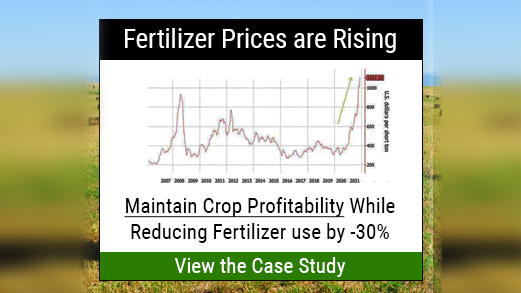Spotted Wing Drosophila Regional Workshops Held In New York
Growers of fall raspberries, mid-late season blueberries, and day-neutral strawberries can learn how to manage spotted wing drosophila (SWD) at three regional workshops offered by the New York State Berry Growers Association (NYSBGA).
“This is the place to learn current SWD information, the most recent research results, and management practices,” says Dale Ila Riggs, NYSBGA president. “Two years ago, because of SWD, I was ready to tear out my fall raspberry planting and turn that tunnel into fall and spring greens. The funding secured by the New York State Berry Growers Association has already yielded research results that make me feel confident that I can manage this pest. The results are so encouraging that I’m considering adding more fall raspberries to my farm mix.”
Presentations by Cornell University researchers, Extension agents, and the berry association will address SWD biology, early warning signs and symptoms of infestation, field management strategies, and decision-making resources. Attendees will participate in hands-on activities, and receive a take-home reference binder and supplies. Certified Crop Advisor (CCA) credits will be offered, and 5.5 DEC credits are available in categories 1A, 10, 22, 23, and 24.
“This invasive fruit fly, which arrived on the New York scene in 2011, has caused extensive damage to berry crops,” says Greg Loeb, Cornell University entomologist. “Over the intervening years researchers in New York and elsewhere have made steady progress in understanding its biology and ways that it can be managed. These workshops will provide the most up-to-date information on this pest and management strategies.”
Regional dates (all workshops 8:30 a.m. to 4 p.m.) and locations:
- Dec. 17, Ramada Inn, 1305 Buckley Rd., Syracuse, NY: Register by Dec. 10
- Jan. 14, Cornell Cooperative Extension Albany Co., 24 Martin Rd., Voorheesville, NY : Register by Jan. 4
- March 4, Clarion Hotel, 8250 Park Rd., Batavia, NY: Register by Feb. 25
The workshops are sponsored by NYSBGA, Cornell Cooperative Extension, Cornell University College of Agriculture and Life Sciences, and the New York State IPM Program, with funding support from the New York State Legislature and New York Farm Viability Institute.
For workshop details and registration, click here.










